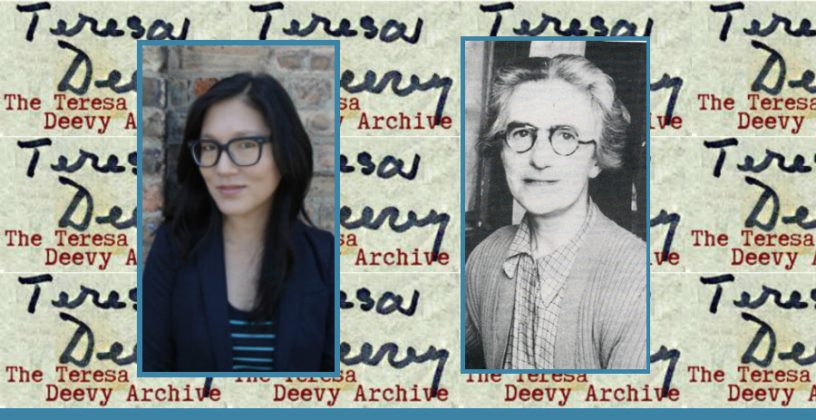Sarah Townsend recently gave a talk titled, “The Deafening Defiance of Miss Deevy: Feminism and Disability on the Irish Stage” about one of the most promising and prolific playwrights of her generation, Teresa Deevy. From 1930 to 1936, six of her plays were produced at the illustrious Irish National Theatre on Abbey Street in Dublin. One was awarded the institution’s best play award, and another toured with the company in America. Through an exploration of archives at Maynooth University, Townsend sought to figure out why Deevy fell into literary obscurity by the end of the same decade as the height of her success. Combing through correspondence, notebooks, and manuscripts, she situates the playwright’s brief career within the shifting artistic and political landscape of 1930s Ireland. Deevy’s unapologetic feminism onstage, her criticism of state censorship offstage, and her status as a deaf unmarried woman all contributed to her marginalization. Townsend also addressed the recent resurrection of Deevy’s work by a group of women playwrights, actors, directors, and theatre professionals who have resumed the call for a more equitable Irish stage.
Assistant Professor Discusses Feminism and Disability on the Irish Stage




